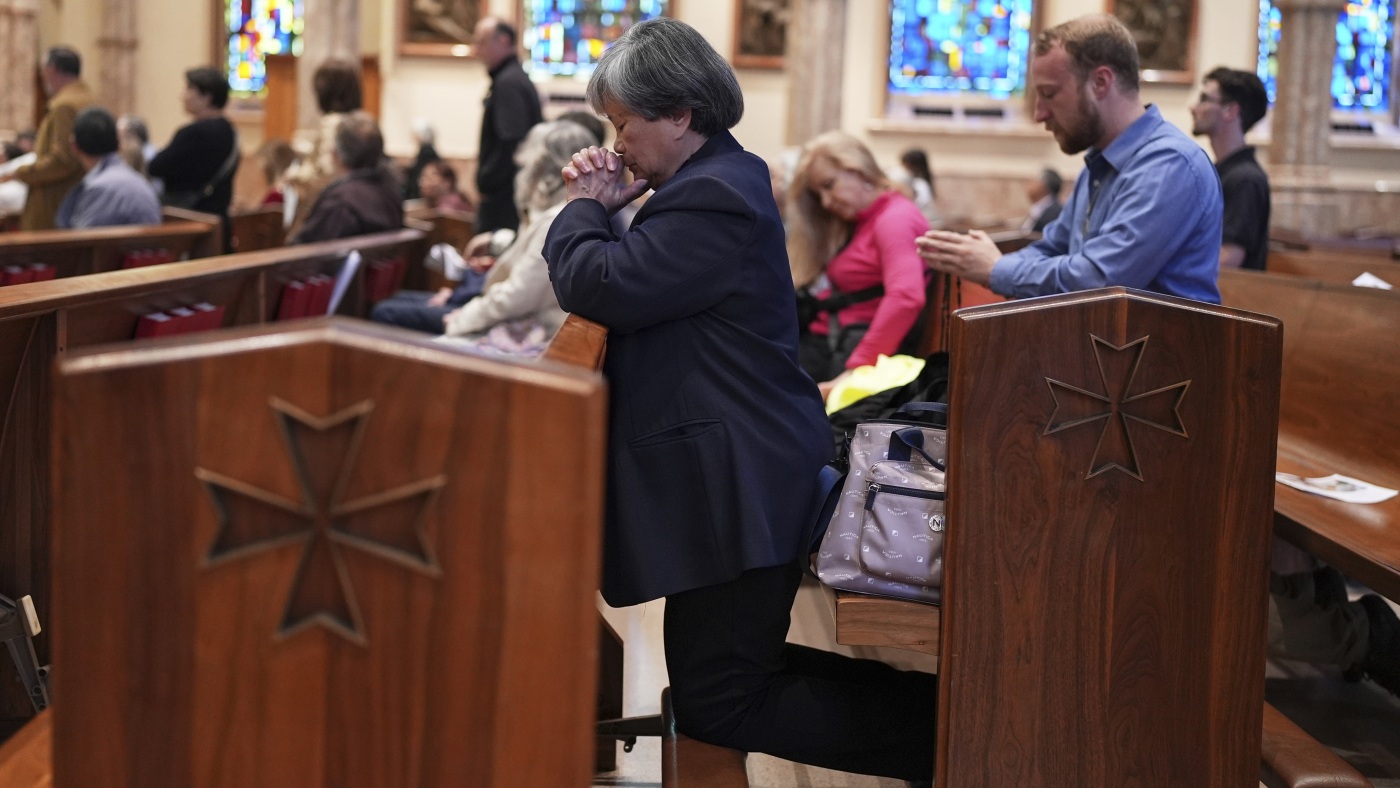The election of Cardinal Robert Francis Prevost as Pope Leo XIV represents a pivotal moment in the history of the Catholic Church. As the first American pontiff, his ascension carries profound implications for the Church’s future, its global congregation, and its role in contemporary society. This analysis explores the significance of his election, the challenges he faces, and the potential transformations his leadership may bring.
A Historic Milestone
Pope Leo XIV’s election breaks centuries of tradition, marking the first time a pope hails from the United States. Born in Chicago with deep roots across the country, his background resonates strongly with American Catholics. Meaghan Gibson, a New Orleans resident, captured the sentiment of many when she described the new pope as “very down to Earth.” This perception of approachability and relatability could prove instrumental in re-engaging lapsed Catholics and strengthening the Church’s connection with younger generations.
The significance of this election extends beyond nationality. It signals the Church’s recognition of shifting global demographics and the growing importance of the American Catholic community. With nearly 70 million Catholics in the United States, the election acknowledges both the vitality and the challenges of the Church in the world’s most influential nation.
Navigating Political and Social Divides
Pope Leo XIV inherits a Church deeply entangled in political and cultural tensions. The American Catholic community reflects the nation’s broader political polarization, with progressive and conservative factions often at odds over issues ranging from abortion to immigration. His voting history—participating in Republican primaries while maintaining formal political independence—suggests a nuanced approach that may help bridge these divides.
The new pope’s leadership will be tested by several critical issues:
Global Expectations and Responsibilities
As leader of 1.4 billion Catholics worldwide, Pope Leo XIV must address challenges that extend far beyond American borders:
– Persecution of Christians: Developing strategies to protect vulnerable Christian communities in regions like the Middle East and Africa.
– Interfaith Relations: Building on his predecessor’s work in fostering dialogue with other world religions.
– Economic Justice: Addressing global inequality while maintaining the Church’s critique of both unbridled capitalism and authoritarian socialism.
His first public words—”Peace be with you all”—suggest an intention to prioritize unity and reconciliation, qualities desperately needed in today’s fractured world.
Progressive Vision in a Traditional Institution
Early indications suggest Pope Leo XIV will continue the progressive trajectory of Pope Francis, particularly regarding:
However, his American background may bring different emphases, particularly regarding:
– Religious Freedom: Stronger focus on protecting religious liberties worldwide.
– Economic Ethics: More nuanced engagement with market economies and business ethics.
– Technology and Ethics: Potential new emphasis on the moral dimensions of emerging technologies.
The American Church’s Identity Crisis
Pope Leo XIV faces the complex reality of American Catholicism, where:
– Cultural Catholics (those who identify with Catholic culture but may not regularly practice) represent a significant portion of the community.
– Generational Shifts show declining religious transmission to younger generations.
– Institutional Trust has been eroded by scandals and political controversies.
His leadership will need to address these challenges while maintaining the Church’s core teachings and spiritual mission.
Strategic Priorities for the New Pontificate
Several key areas will likely define Pope Leo XIV’s papacy:
Conclusion: A Papacy of Transition and Transformation
Pope Leo XIV’s election represents both continuity and change for the Catholic Church. As the first American pope, he brings a unique perspective shaped by the religious vitality and cultural complexities of the United States. His centrist yet progressive leanings position him to build bridges within the Church and in the wider world.
The challenges are formidable—from internal divisions to external pressures—but the opportunities are equally significant. If successful, Pope Leo XIV could guide the Church through this transitional period, strengthening its spiritual mission while adapting to the realities of the 21st century.
His emphasis on peace, his relatable personality, and his balanced approach to controversial issues suggest a papacy that could reinvigorate Catholic identity while engaging with contemporary concerns. The world watches with anticipation as this historic pontificate begins its work of shepherding the ancient Church into new frontiers.











